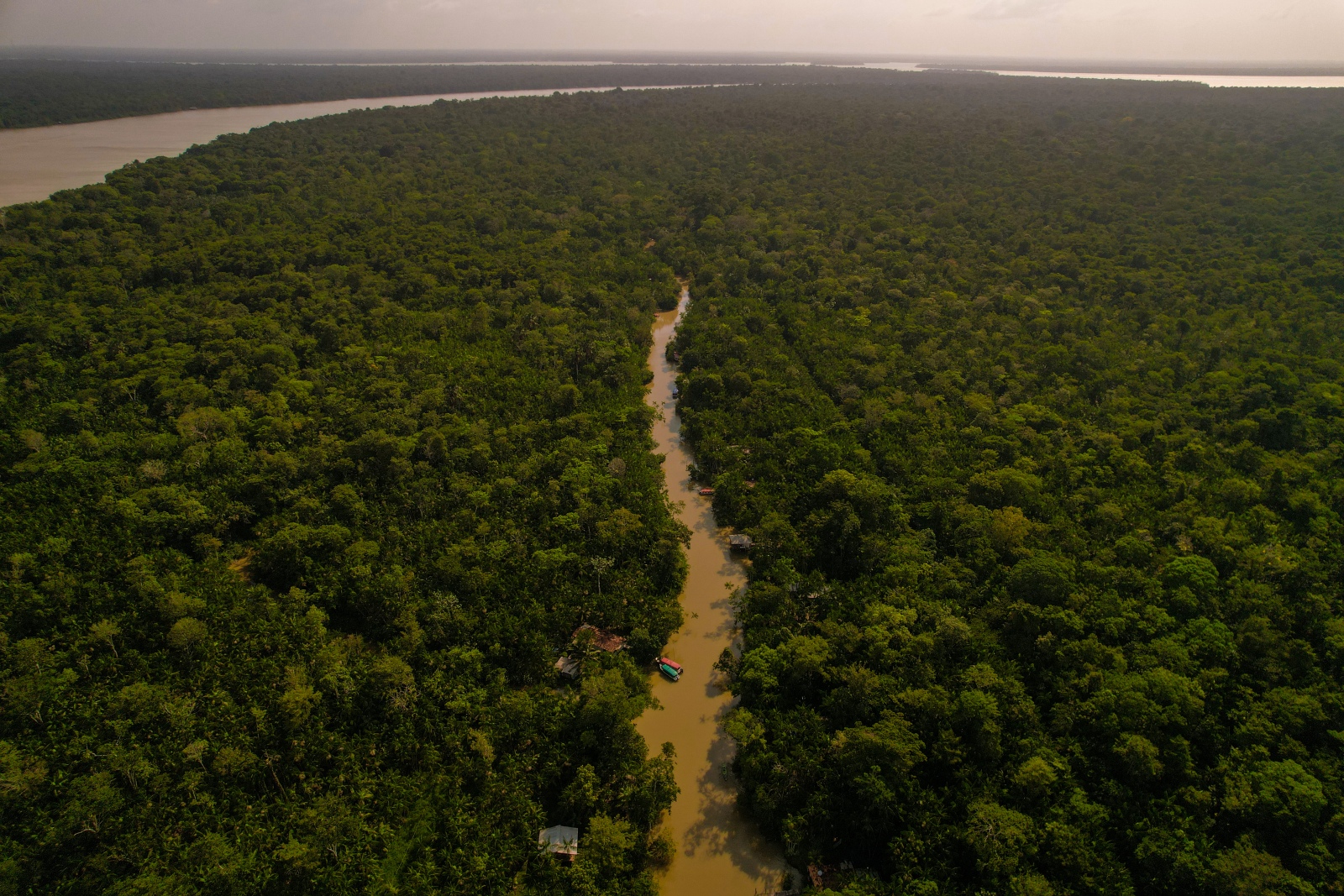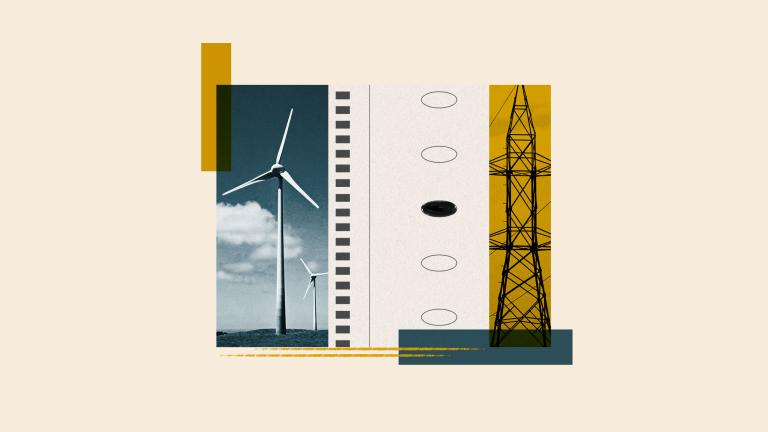This week, South American leaders descended on Belém, Brazil, to try to save the Amazon rainforest. It was the first meeting of the Amazon Cooperation Treaty Organization in 14 years. The summit, however, has produced mixed results.
In a declaration released yesterday, the eight nations that are home to the rainforest agreed to take “urgent action to avoid the point of no return in the Amazon,” combat organized crime, and bolster regional cooperation. But the accord did not resolve tensions over some of the thorniest issues affecting the region, such as a unified approach to deforestation and whether to limit fossil fuel extraction in the delicate ecosystem.
“We would have been super happy to have specific goals and mechanisms,” Vanessa Pérez-Cirera, the director of the global economic center at the World Resources Institute, told Grist. “This is a good first step.”
The Amazon is the world’s largest tropical rainforest, covering some 2.5 million square miles — an area roughly twice the size of India. It’s a critical carbon sink for planet-warming emissions and home to a fifth of the world’s fresh water. But deforestation and human-caused climate change are degrading the Amazon and its ability to sop up carbon from the atmosphere. Experts have long called for immediate and drastic actions to protect the rainforest and the hundreds of Indigenous groups that inhabit and care for it.
“We’re going to be crossing tipping points for the global climate. They are points of no return, [and] the Amazon is absolutely central to that,” said Philip Fearnside, an ecologist at the National Institute for Research in Amazonia. But what was discussed at the conference, he added, were “the easy things.”
The nearly 10,000-word summit declaration recognized the scientific imperative to avoid tipping points in the Amazon and pledged to renew regional cooperation to avoid that end. It also acknowledged the central role that Indigenous communities play in conservation efforts and called on developed countries to fulfill their promises of financial support.
“The forest unites us. It is time to look at the heart of our continent and consolidate, once and for all, our Amazon identity,” said Brazilian President Luiz Inácio Lula da Silva. “In an international system that was not built by us, we were historically relegated to a subordinate place as a supplier of raw materials. A just ecological transition will allow us to change this.”
The majority of the Amazon is in Brazil, and Lula has made its protection a hallmark of his presidency. Deforestation has already dropped since he took office this year, which is a major shift from the environmental devastation that proliferated under his predecessor, Jair Bolsonaro. This summit was another attempt to reverse that trend.
“It’s completely a break from the Bolsanaro era. It’s important that that happened,” said Fearnside. Still, he was disappointed that the group didn’t adopt a ban on oil development in the Amazon, a step that leftist Colombian President Gustavo Petro championed but other countries were less reluctant to embrace.
“Brazil has a big plan for oil and gas in the western part of the state of Amazonas,” Fearnside said, which would be “disastrous.”
Leaders also failed to find common ground on deforestation, which has already claimed nearly a fifth of Amazon and is on track to degrade even more of the rainforest. “The planet is melting, we are breaking temperature records every day. It is not possible that, in a scenario like this, eight Amazonian countries are unable to put in a statement — in large letters — that deforestation needs to be zero,” Marcio Astrini of environmental lobby group Climate Observatory told Reuters.
Answers to those difficult questions are being pushed to another time, perhaps even the next gathering of the treaty organization — which experts hope won’t take another 14 years. Pérez-Cirera is optimistic and sees this summit as a catalyst for future action.
“It is a historic moment for the Amazon,” she said. “And more needs to come.”
The conference concludes today, as leaders from the Amazon nations meet with representatives of other countries with large rainforests, such as Indonesia, Congo, and the Democratic Republic of Congo. The aim is to plan for COP28, the global United Nations climate summit in November.
“We want to prepare for the first time a joint document of all forest countries to arrive united at COP28,” Lula said last week.



